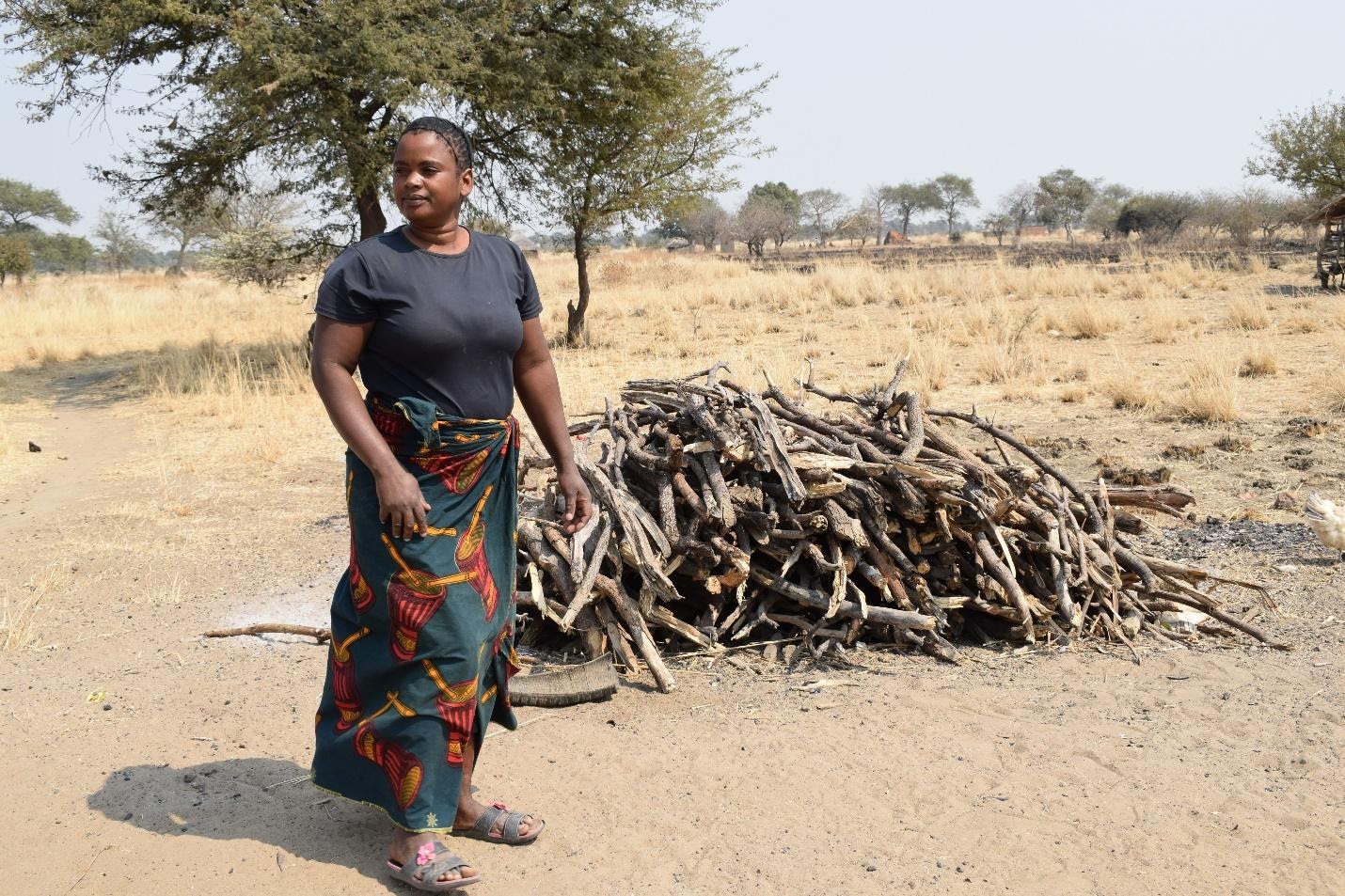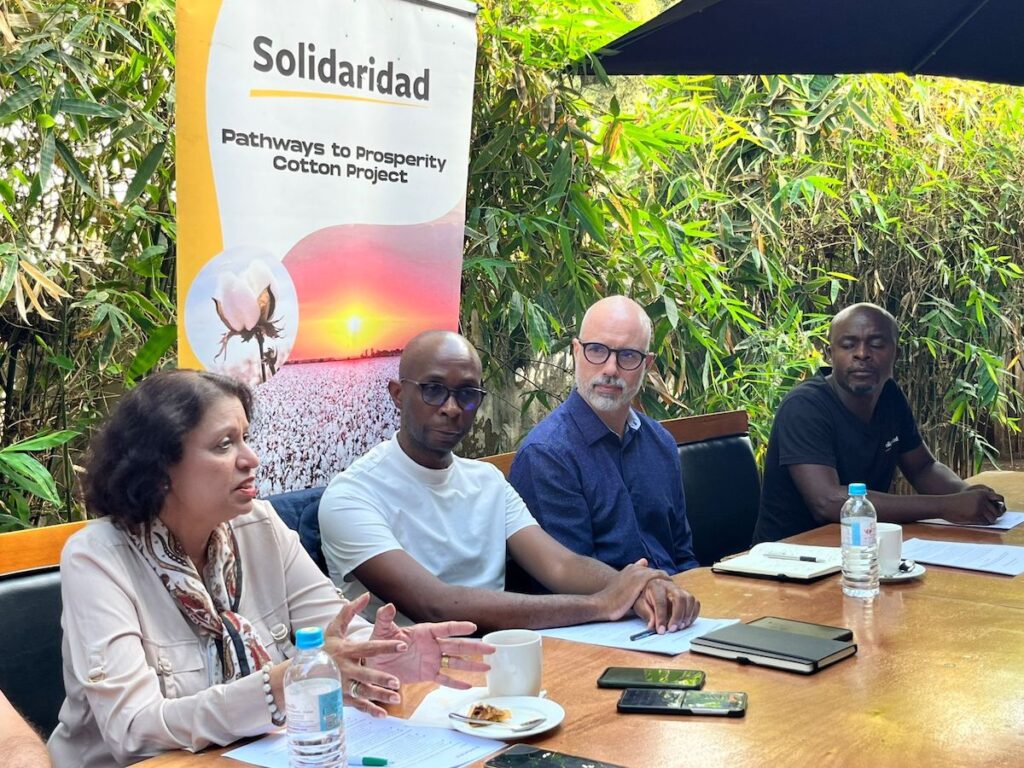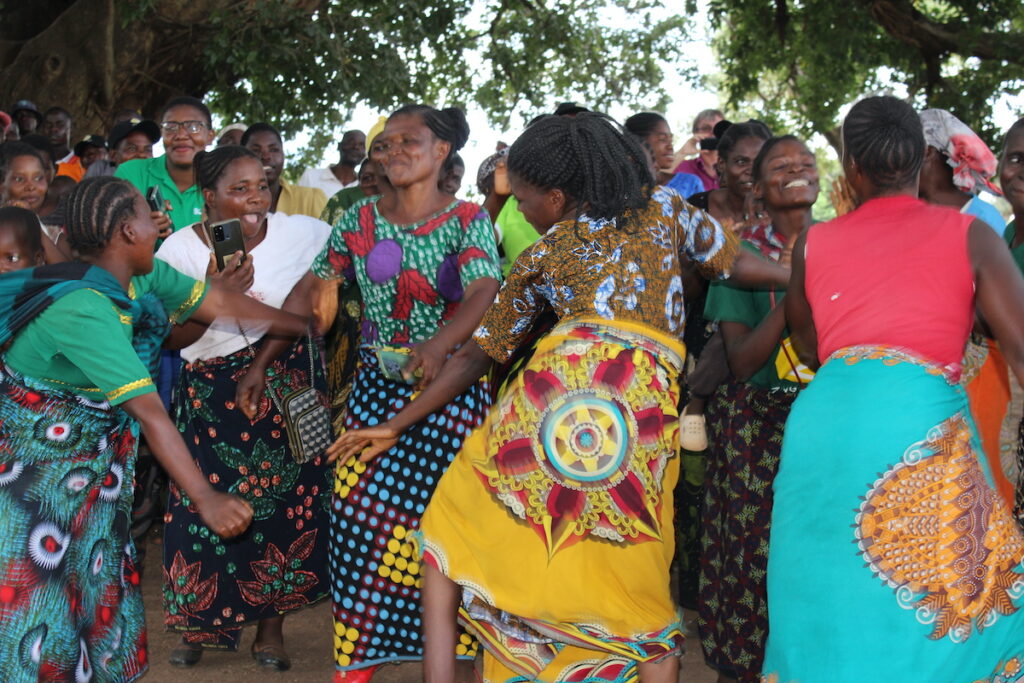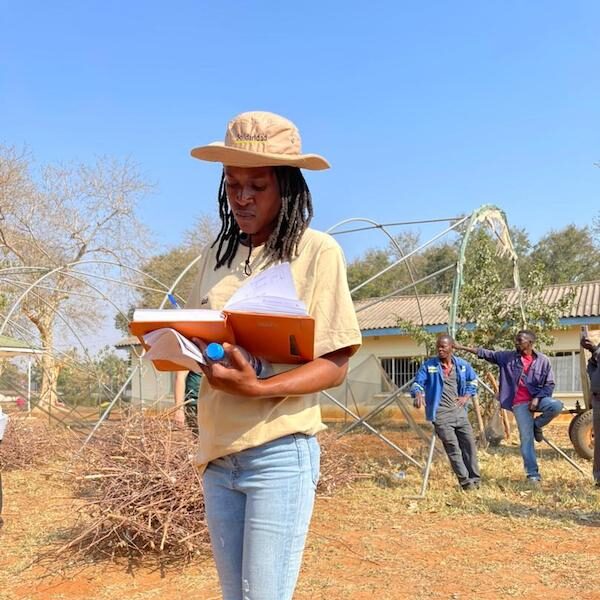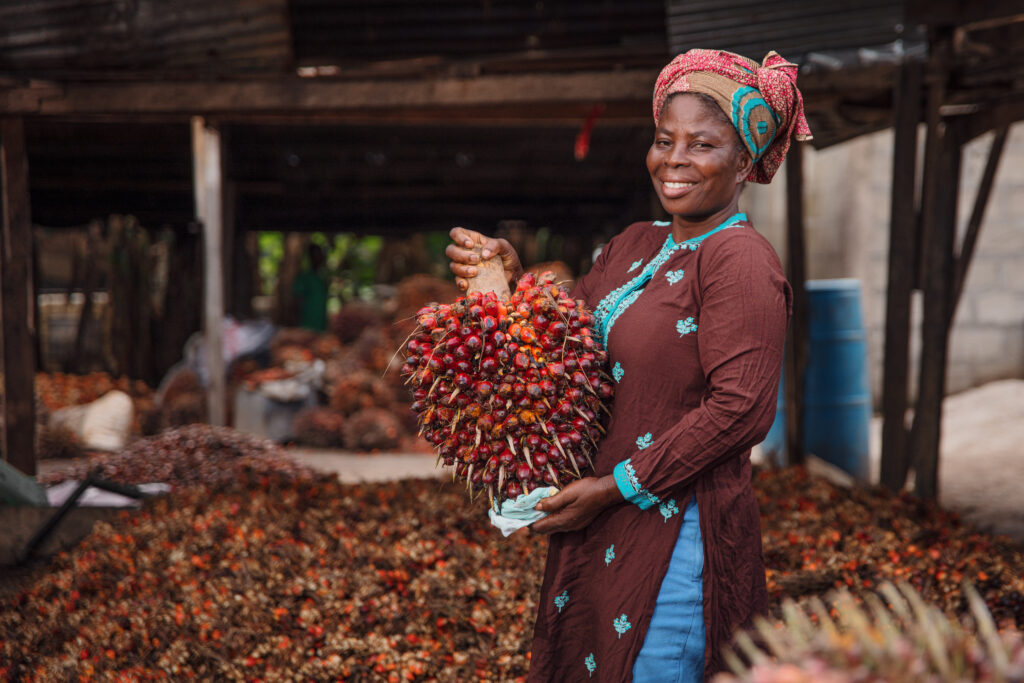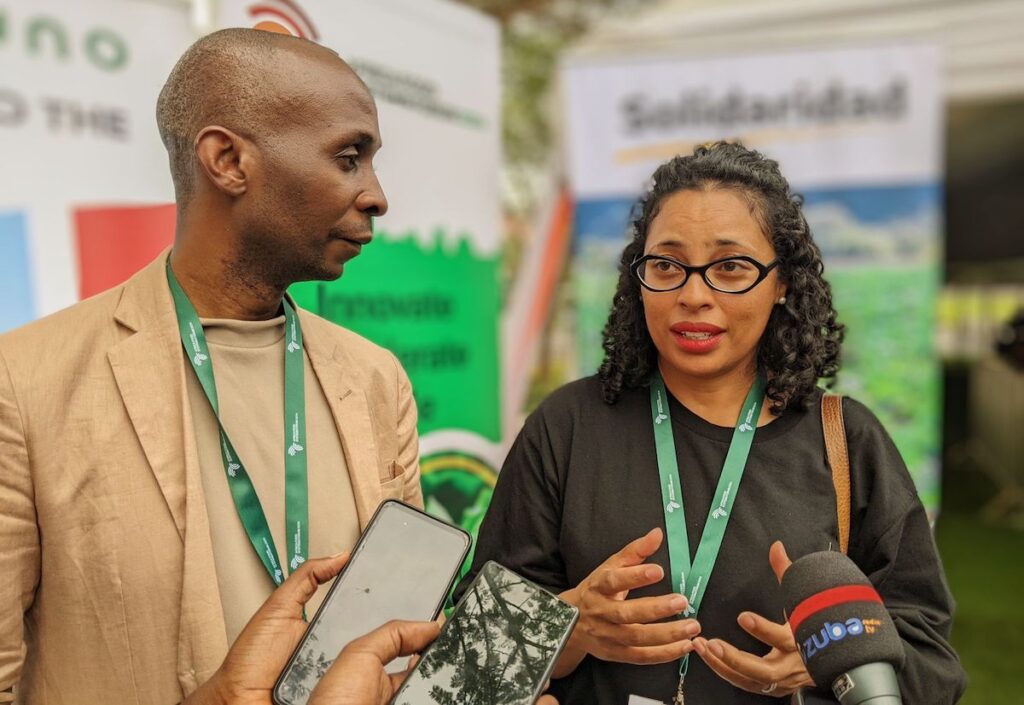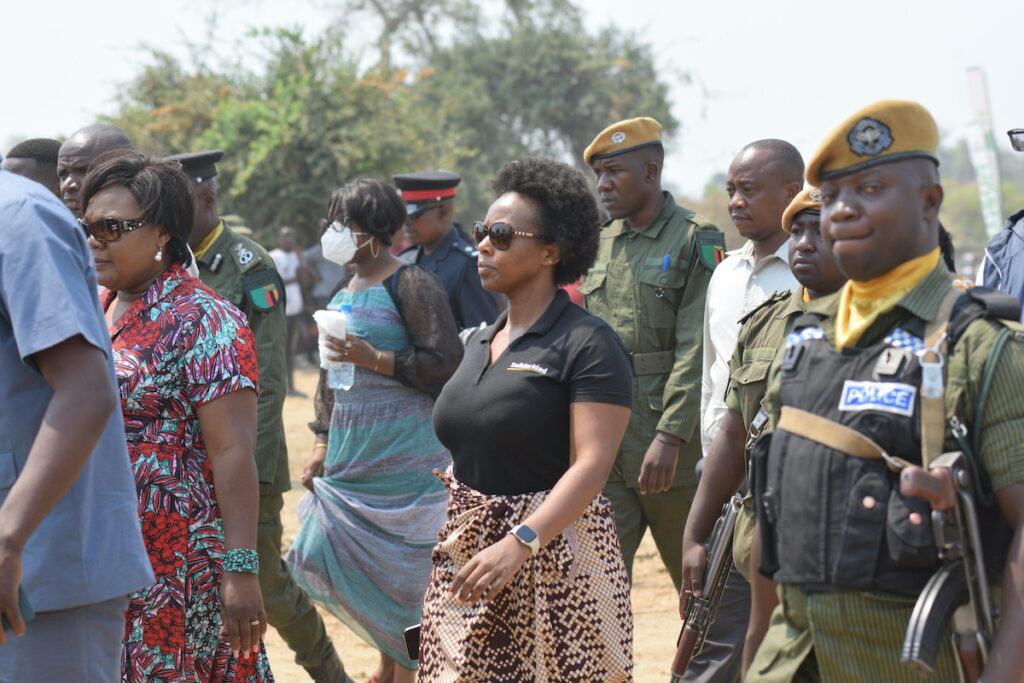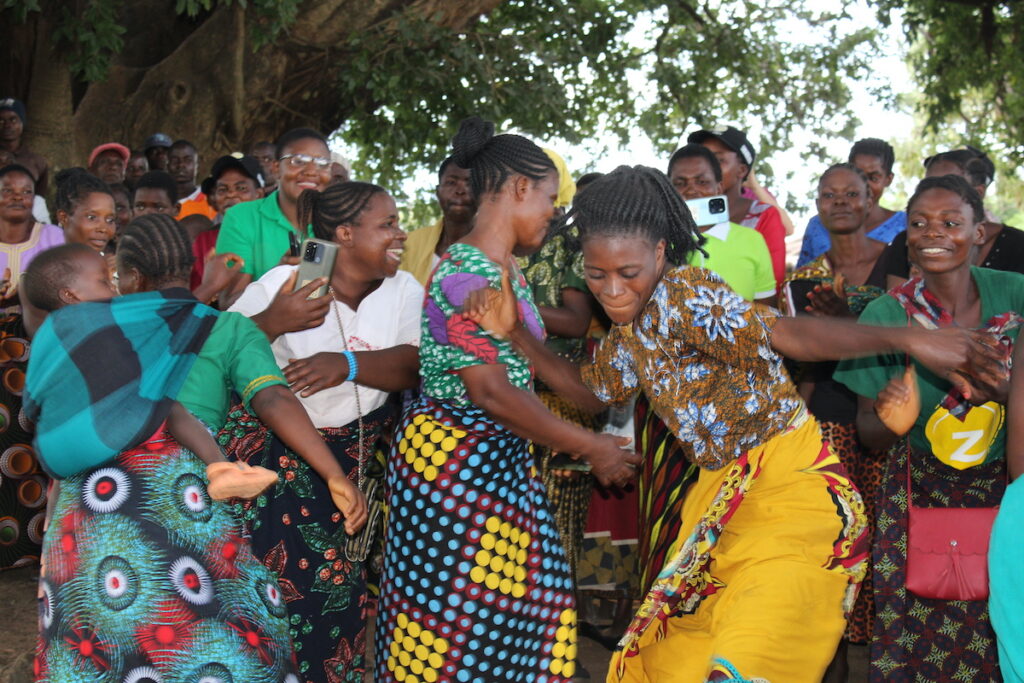The Itebe community in the Mazabuka district of Zambia relies on livestock as their primary source of income. However, the district experienced a decline in livestock numbers due to poor husbandry, which led to poor sales and lower revenue. Moreover, the district’s patriarchal norms do not support women’s participation in livestock production activities. Similarly, the youth have difficulties owning and benefiting from livestock. These constraints have resulted in early marriages and increased unemployment among women and youth, forcing them to rely on tree cutting and charcoal production to increase their income.
Solidaridad partnered with Grassroots trust to empower the farmers and facilitate various skills to diversify the farmers’ income through the Nambola project. The skills included communal holistic land management, focusing on Farmer Managed Natural Regeneration (FMNR), which demonstrated sustainable harvesting of trees for firewood for household food preparation. The skills also included small livestock aggregation (goats, chickens, guinea fowls, pigs, etc.), vegetable leather tanning, the production of leather crafts (handbags, wallets, and keyholders), village banking and the formation of saving groups.
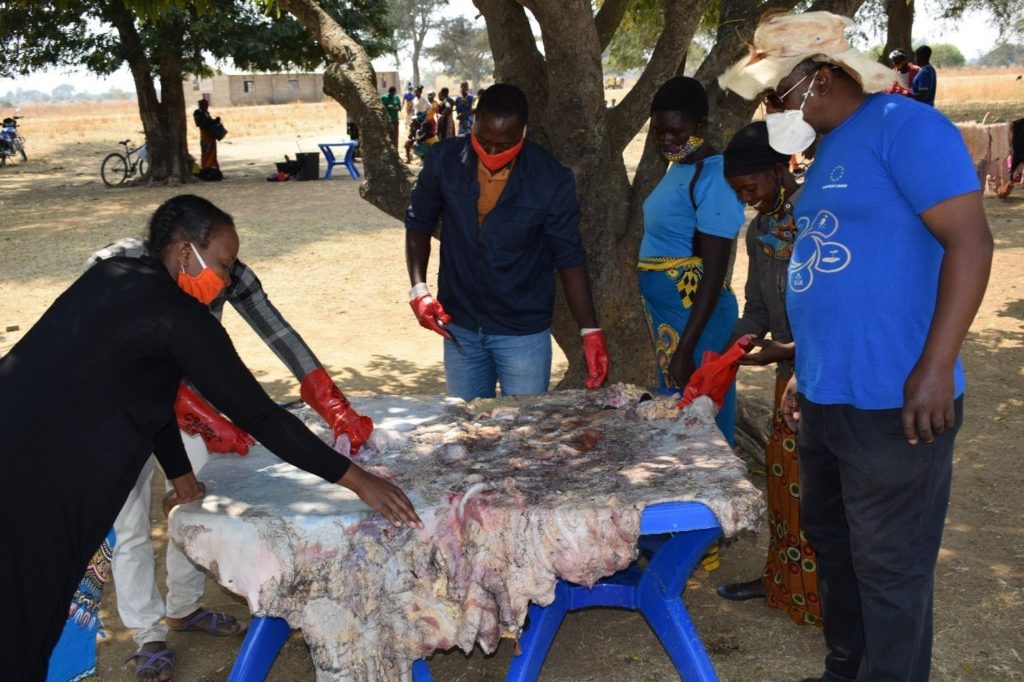
Since the raw materials are sourced locally, the project is able to increase marketing practices for women and youth and reduce transportation and upkeep costs. To ensure community buy-in and sustainability, there is a strong emphasis on working closely with community leaders. This partnership has proved fruitful as the community members monitored their progress and set rules and fines for malpractice. As a result, the farmers adopted climate-smart practices and have now stopped cutting the trees.
The farmers have also started investing part of their income in the village banking and started new businesses selling fish, groceries, secondhand clothing and fermented milk. Mr Forward Malambo, one of the farmers who sold fermented milk, has managed to rebuild his house, which was destroyed by heavy rains.
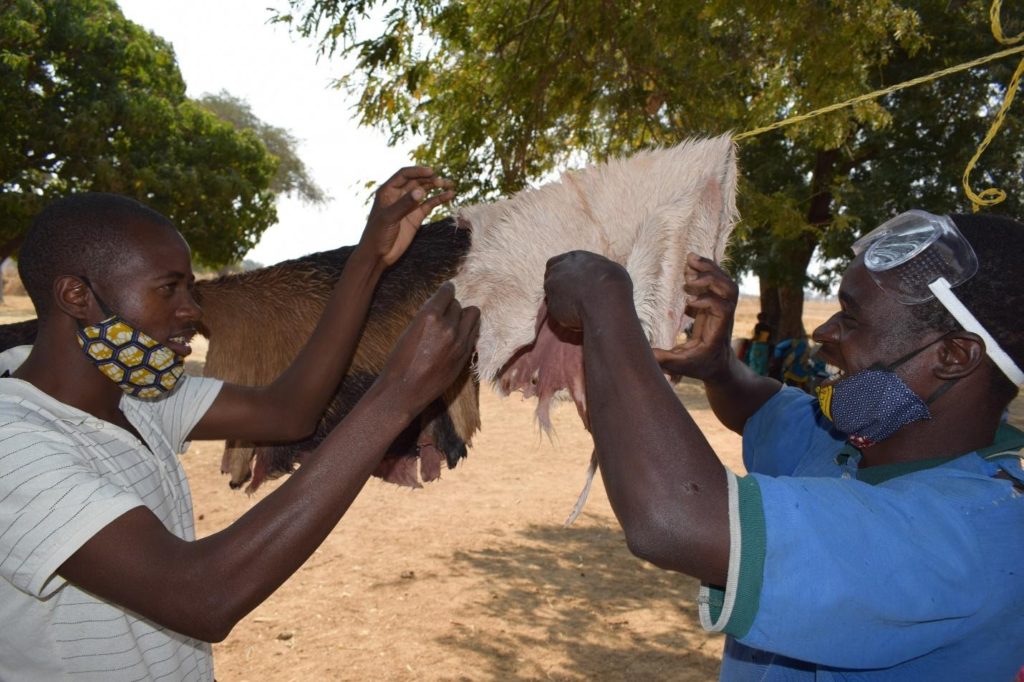
Despite the pandemic challenges, all farmers at the forefront of agricultural activities, especially women and youth, remain vulnerable to cultural norms and traditional roles. However, the project allowed women to hold influential positions in the community with the freedom to share their opinions and children to return to school. “With the presence of Solidaridad in our area, we have noticed that the number of girls who have come back to school is about 4 out of 10” Mr Mwenda Suppose, Itebe primary school headteacher, enthused.

